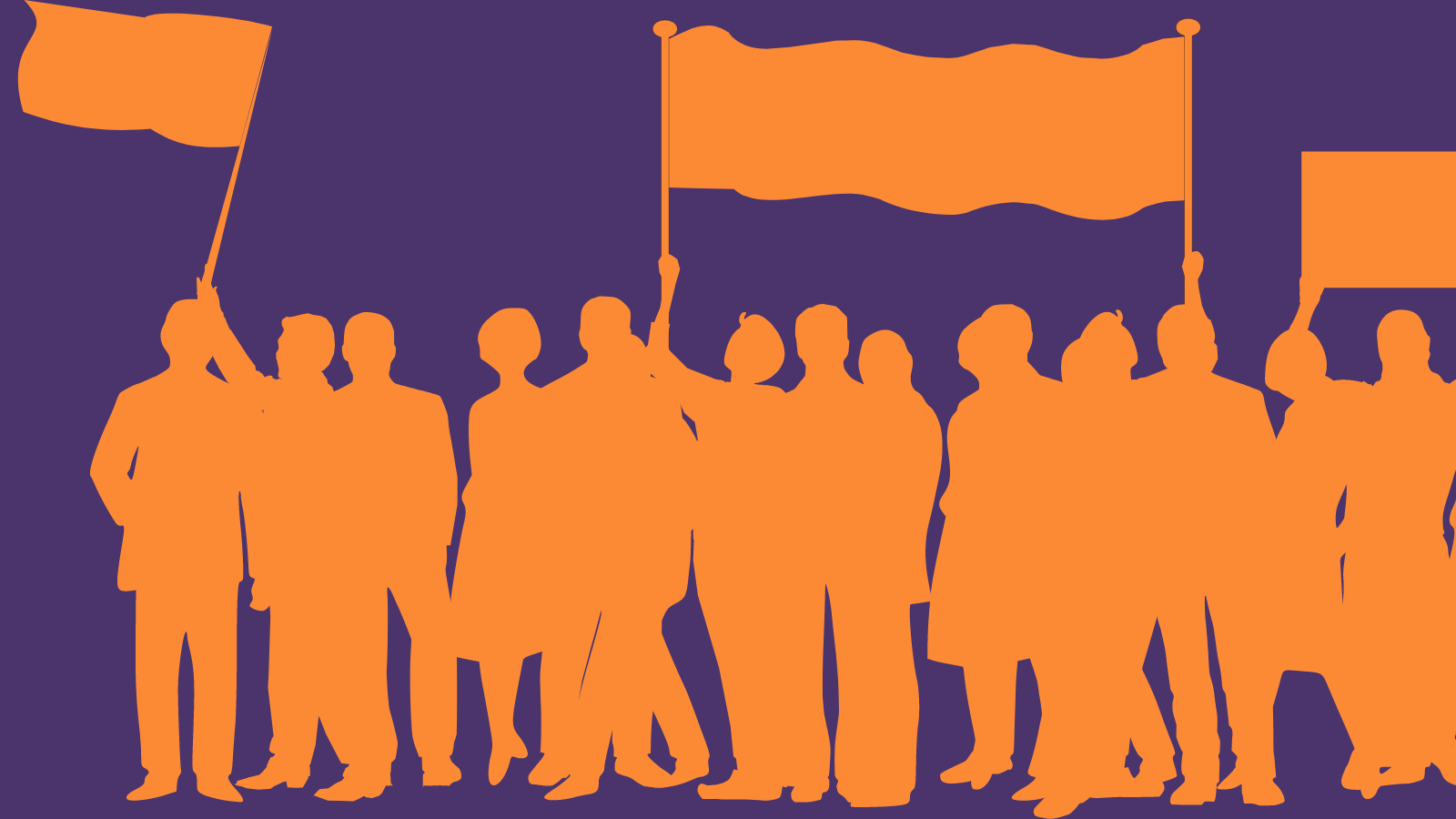Whilst we are not back to the 80’s and the strikes that dominated the front pages, there certainly has been heightened strike action of recent weeks. Last week we saw the RMT call strike action for rail workers, this week we have seen criminal barristers stage a walkout, and further industrial action has been threatened as Royal Mail workers vote this week over whether to go on strike over pay. The travel industry is not immune, and hundreds of British Airways workers at Heathrow have voted to go on strike over their wages. Whilst the unions involved clearly consider they have no alternative in order to improve their members pay and conditions, strike action can have detrimental impact on the wider public. Last week the rail network was ground to a halt, and the impact was felt far and wide.

- Enable businesses to engage temporary agency staff via employment businesses during industrial action. The intention is that this will make it easier for employers seeking to lessen the impact of industrial action, since they will no longer need to hire temporary replacements directly.
- Increase the cap on damages that can be awarded against a trade union by a court where industrial action is found to be unlawful. The caps in question vary depending on the size of the union. For the largest unions, the maximum amount that can be awarded will rise from £250,000 to £1 million.
28 June 2022

For help and advice on employment issues within the travel industry, contact;
or call;
0113 258 0033
This article was originally published on: 28 June 2022




